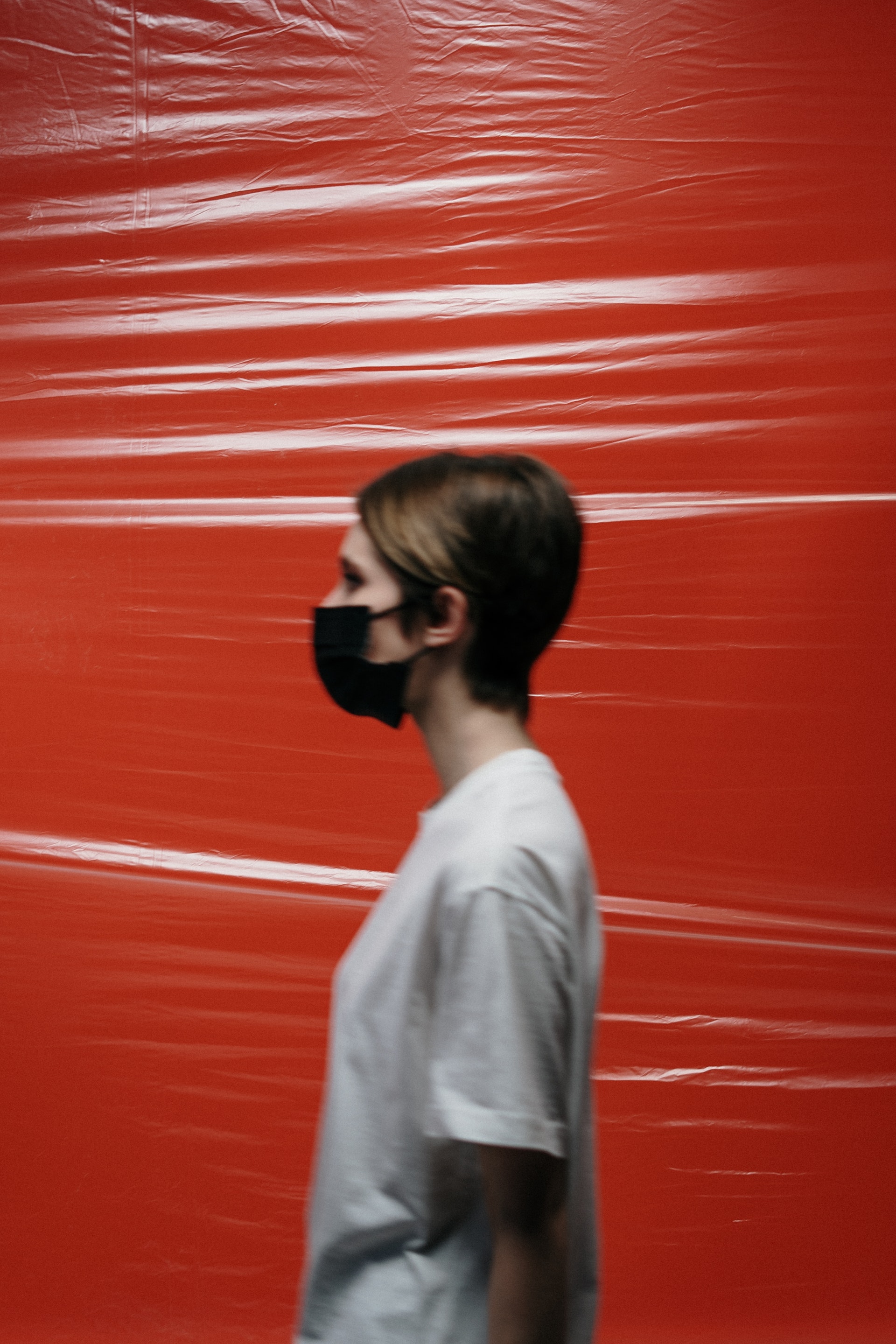Health
Should you wear mask in public if not sick with coronavirus?

Front-line health workers have the greatest need for masks. And when people are sick, wearing a mask helps lessen the chances of infecting others. In places where relatives care for the sick at home, the World Health Organization also has recommended they wear a mask. (Pexels photo)
WASHINGTON — If you’re not sick with the new coronavirus, should you wear a mask in public? Global health authorities say no. Amid a shortage of masks, the U.S. is sticking with that advice but Tuesday, President Donald Trump suggested people who are worried wear a scarf.
That shortage is so severe that the Joint Commission, which accredits U.S. hospitals, said Tuesday that if facilities can’t provide proper masks, health workers are allowed to bring their own from home.
Front-line health workers have the greatest need for masks. And when people are sick, wearing a mask helps lessen the chances of infecting others. In places where relatives care for the sick at home, the World Health Organization also has recommended they wear a mask.
But “there is no specific evidence to suggest that the wearing of masks by the mass population has any particular benefit,” Dr. Mike Ryan, the WHO’s epidemics chief, told reporters Monday.
“In fact, there’s some evidence to suggest the opposite,” he added, noting risks from an improperly fitted mask or touching the face while taking it off or putting it on.
For months as the COVID-19 crisis grew and masks disappeared from store shelves, U.S. health officials have agreed. The virus is believed to spread mostly through droplets from coughs or sneezes, and thus the main advice has been to keep your distance — staying 6 feet away — in addition to frequent hand-washing and not touching your face. Health workers who may be doing procedures that generate tinier particles are supposed to get high priority for tight-fitting filtering masks.
“Seriously people – STOP BUYING MASKS!” Surgeon General Jerome Adams wrote in a February 29 tweet. “They are not effective in preventing general public from catching #Coronavirus but if healthcare providers can’t get them to care for sick patients, it puts them and our communities at risk.”
But mask-wearing has long been common in some countries during respiratory outbreaks, especially in parts of Asia. As questions grow about whether people sometimes can spread the virus before realizing they’re sick — which social distancing is supposed to address — increasingly people ask what it would hurt to wear some form of mask in public.
Trump said Tuesday that his scientific advisers made clear the general public shouldn’t be competing with hospitals and health workers for scarce masks of any type.
His solution: “Use a scarf if you want,” Trump said at the daily White House briefing. “It doesn’t have to be a mask. It’s not a bad idea at least for a period of time.”
Earlier in the day, Dr. Anthony Fauci, infectious disease chief at the U.S. National Institutes of Health, had told CNN that once there are enough masks, there might be “some very serious consideration” about broadening the mask recommendations.
For now, the advice posted on the Centers for Disease Control and Prevention’s website: “If you are NOT sick: You do not need to wear a face mask unless you are caring for someone who is sick (and they are not able to wear a face mask).”
——
AP reporter Mike Stobbe in New York contributed to this report.





















